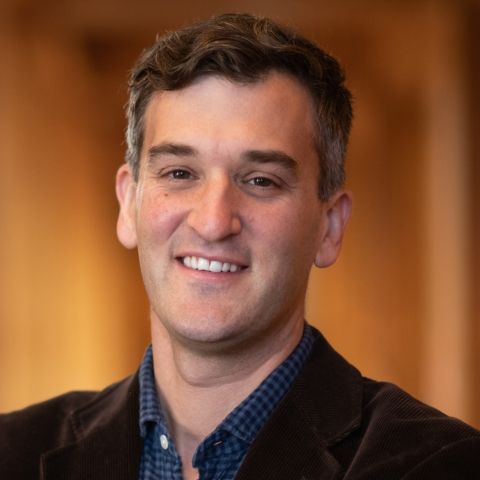
The First Black Jurors and the Integration of the American Jury
Supreme Court opinions involving race and the jury invariably open with the Fourteenth Amendment, the Civil Rights Act of 1875, or landmark cases like Strauder v. West Virginia (1880). Legal scholars and historians unanimously report that free people of color did not serve as jurors, in either the North or South, until 1860. In fact, this Article shows, Black men served as jurors in antebellum America decades earlier than anyone has previously realized. While instances of early Black jury service were rare, campaigns insisting upon Black citizens’ admission to the jury-box were not. From the late 1830s onward, Black activists across the country organized to abolish the all-white jury. They faced, and occasionally overcame, staunch resistance. This Article uses jury lists, court records, convention minutes, diaries, bills of sale, tax rolls, and other overlooked primary sources to recover these forgotten efforts, led by activists who understood the jury-box to be both a marker and maker of citizenship. A broader historical perspective—one that centers Black activists in the decades before the ratification of the Fourteenth Amendment in 1868—offers a new way of thinking about the relationship between race, rights, citizenship, and the jury.